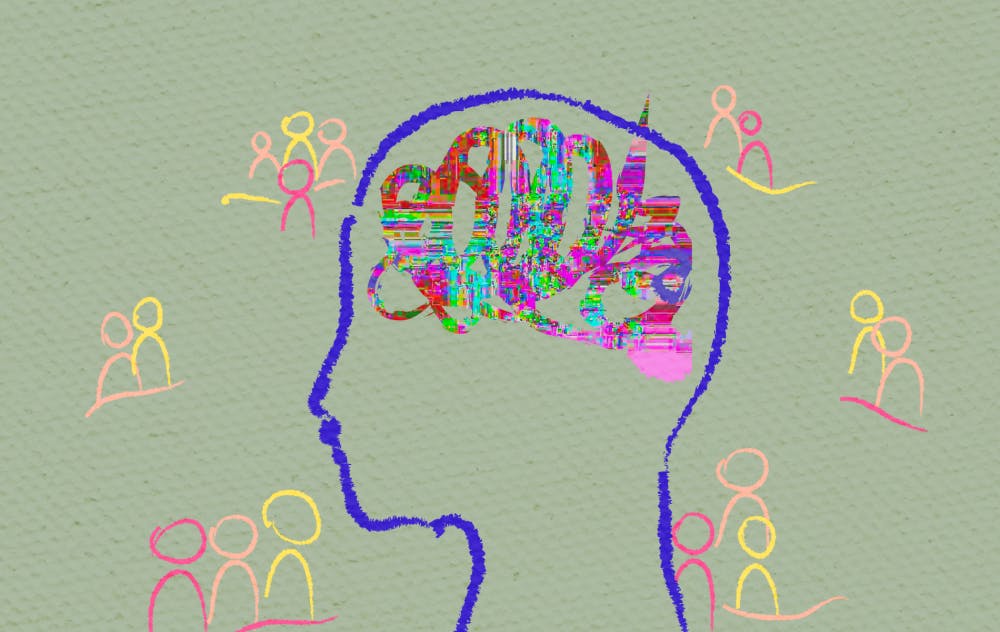
On Sept. 9, the Penn community was notified of the death of Gregory Eells, the executive director of Counseling and Psychological Services. Eells, who had previously held the same position at Cornell University, started his term at Penn in March.
As our campus comes together to process and to grieve, we must remember that it's okay to lean on one another. We must check in with each other, especially with those whom we may often overlook: our leaders, our mentors, and our support systems. Although this subset of people is reliable and seems to have a semblance of togetherness, they are not immune to stress and despair. Helpers also need supporters.
It may seem intuitive, but it's so easy to forget that helpers need help, too. This idea gets overlooked because of the perception that those individuals, who have the capability to or are in positions to help others, have their lives together. As a result of this perception, among other contributing factors, helpers may be less likely to reach out to others if they are ever struggling.
The capacity of helpers to give sound advice, to listen attentively, and to go out of their way to help others leads us to believe they must be healthy themselves. The qualities we attribute to the helpers in our lives ultimately feed into the assumption they are immune to the problems and emotions we all face. While it may be easy to assume that helpers are invincible, it's also dangerous. It's one of the reasons we don't think to check in with them and don't remind ourselves that they're human, too. Eells devoted his career to guiding others through mental health issues. That doesn’t mean he or any of us are immune to those same issues. People who give a lot of themselves to help others can experience pain, love, and hurt as we all do.
The perception that helpers are invincible can also seep into their own idea of themselves. This feeling that helpers may experience — that their glasses should always be half-full — may contribute to their tendency to be less likely to reach out to others when they may need help themselves.
To the helpers: Remember that your happiness and well-being trumps other obligations. While it's not always easy to do so, it's important to find people you can lean on, like others lean on you. Reaching out for help is not a sign that you couldn’t “hack it,” it just means that you are human. In fact, you won’t be able to effectively help others if you’re not in a healthy place yourself.
Do not forget about the helpers in your life. It’s a challenging time on Penn’s campus right now, particularly because the people many of us would normally turn to for help are grieving. Remember that while they may not always voice it, everyone experiences hardship. It's critical to take the time to check in, especially with those you may lean on in life, even if they may seem to have it all together and be doing alright.
Helpers need help, too.
Editorials represent the majority view of members of The Daily Pennsylvanian, Inc. Editorial Board, which meets regularly to discuss issues relevant to Penn's campus. Participants in these meetings are not involved in the reporting of articles on related topics.
The Daily Pennsylvanian is an independent, student-run newspaper. Please consider making a donation to support the coverage that shapes the University. Your generosity ensures a future of strong journalism at Penn.
Donate



